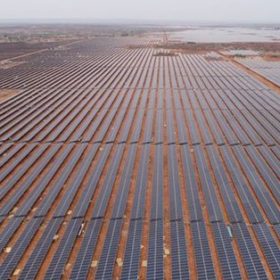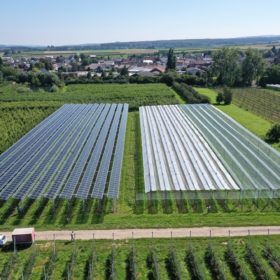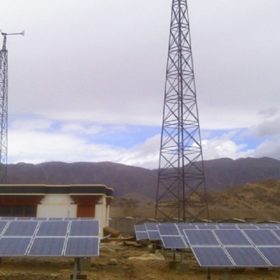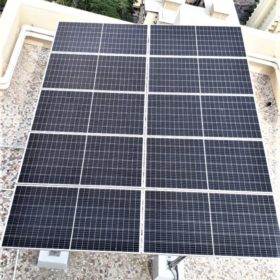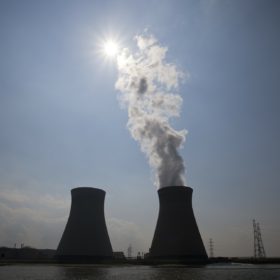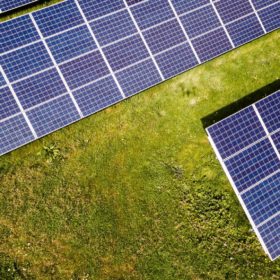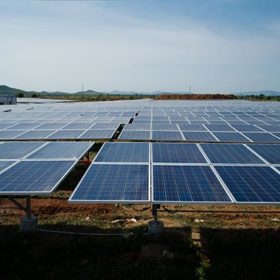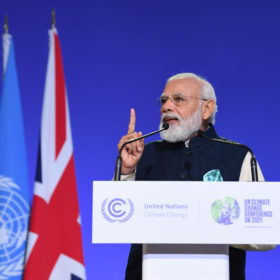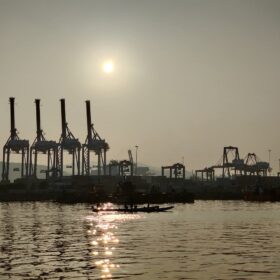India has reached 46,247 MW of installed solar capacity as of October 31
Rajasthan (8,644 MW), Karnataka (7,483 MW), and Gujarat (6,052 MW) lead in solar installations.
The case for agrivoltaics in India
Given 60% of India’s land area is farmed, agrivoltaics (pairing solar with farming) holds special promise for the nation to accelerate its transition to clean energy. However, the roll-out of agrivoltaics in India cannot proceed without addressing the various policy and regulatory challenges.
NTPC tenders 100 MW solar EPC with land in Maharashtra
The solar plants are to be installed in 2 MW to 10 (2×5) MW sizes for giving daytime power to agricultural consumers. Bidding closes on December 20.
Central Electronics Limited tenders 95 MW of solar sites in Maharashtra
The successful contractor will install the arrays in blocks of 2-10 MW and will carry out all stages of installation, from site surveys through to 12 years’ operation and maintenance.
Up to code for decarbonization
The International Energy Agency predicts that India will record the world’s fastest growth in energy consumption from buildings through 2040. The energy demand could create a big market for solar installers and equipment providers, particularly in the commercial and industrial sector. While building codes now include provisions for renewable energy integration, effective implementation will be key to ensuring compliance.
Reversing the crisis of climate change
We all should envisage a society in which everyone, including individuals and businesses, operate carbon neutrally, i.e., all entities reduce their carbon footprint by adopting sustainable practices.
International Solar Alliance forms advisory committee to mobilize US$1 trillion solar investment
The advisory committee will guide the International Solar Alliance on meeting its objective of mobilizing US$ 1 trillion investment in solar energy by 2030. Committee members include representatives from leading institutional investor like Africa50, CDPQ Global, IFC, the Development Bank of Southern Africa, Capricorn Investment Group, and Temasek.
Kerala tenders 40 MW distributed solar under PM KUSUM
December 8 is the bidding deadline to set up solar power plants on uncultivable farmland for selling the generated power to the State Discoms. The ceiling tariff is fixed at INR 3.66/kWh. The plants, in sizes of 500 kW to 2 MW, shall come upon land within a 5 km radius of substations in the State.
Maharashtra tenders 1,250 MW distributed solar
Developers have until November 25 to bid for setting up grid-connected, ground-mounted projects in 2 MW to 10 MW sizes under the Mukhyamantri Saur Krishi Vahini Yojna. The projects shall be awarded through tariff-based competitive bidding followed by a reverse auction with ceiling tariff fixed at INR 3.10/kWh.
India commits to net-zero by 2070
At COP26 Summit in Glasgow, prime minister Narendra Modi also announced India’s pledge to increase its non-fossil energy capacity to 500 GW by 2030. The nation would also increase renewable energy’s share in its overall energy generation mix to 50% by 2030.
